Simply put, a culturally rich celebration takes place every year in the heart of Bavarian, Germany. It brings a considerable number of people from all over the world to pay tribute to a centuries-old tradition – Oktoberfest. This festival features folk music, Oktoberfest cuisine, and merriment. Oktoberfest Festival is also renowned as the largest beer festival in the world. Undoubtedly, this rich traditional history has many stories to tell from the agricultural region of the Alps. To add more, this is an amazing testament to pride in German traditions and camaraderie.
If you have been searching for a detailed guide on the history and origin of Oktoberfest, we are the right hand to hold. In this blog post, we will embark on a journey to explore all the necessary events that took place in the transformation of this culture from ancient to modern status.
Let’s get started!
The Beginning – A Royal Celebration
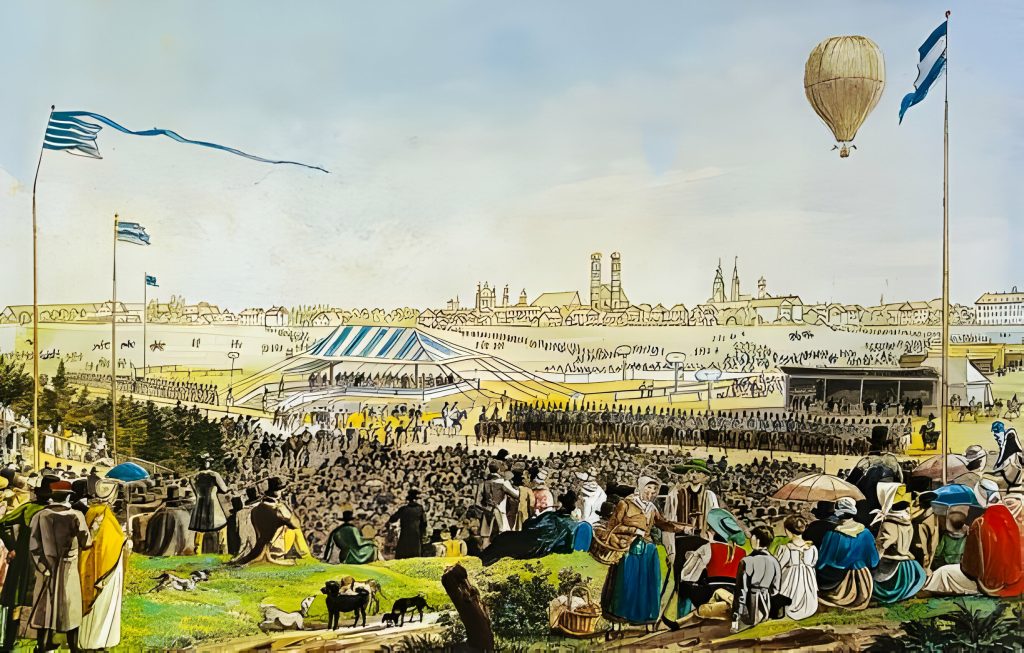
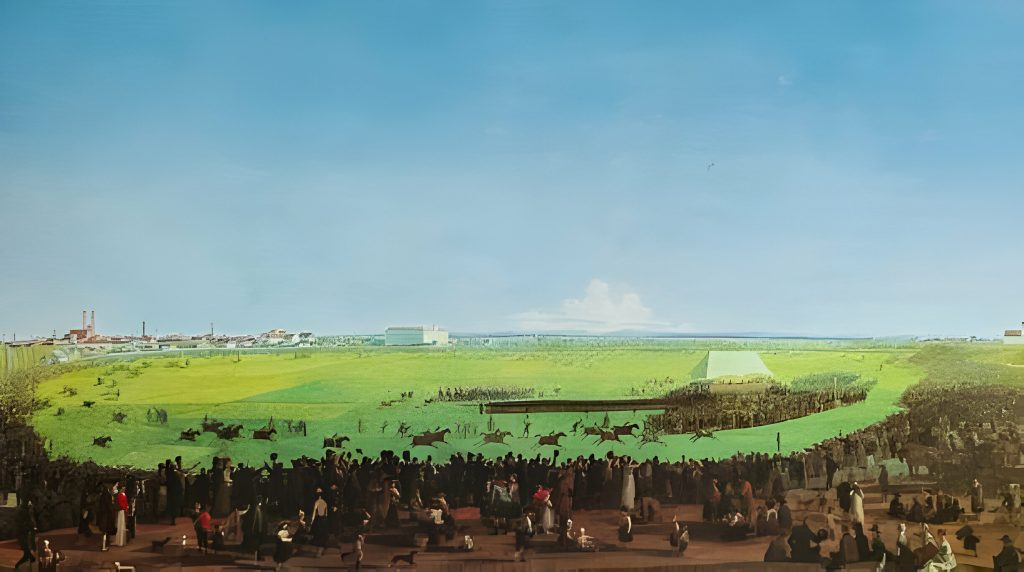
You might be shocked to know that the Oktoberfest was celebrated as a one-time celebration in 1810 to honor the wedding of that time Bavarian Crown Prince. To participate in the fun activities of this celebration, locals were invited in front of the city gates. Interestingly, the celebration was more fun than a conventional wedding ceremony. Therefore, horse races and parades were also included, besides the authentic beers at the event.
The fun and the vibe of this celebration were so strong that they made people celebrate it. Its worldwide acceptance and role in preserving the German culture made it a tradition that is now celebrated annually in a lot of countries in the world. After some time, the duration of this festival was extended, and several other activities were also added. These included carnival attractions and agricultural exhibitions, which also added to the scope of it.
The Transformation Journey
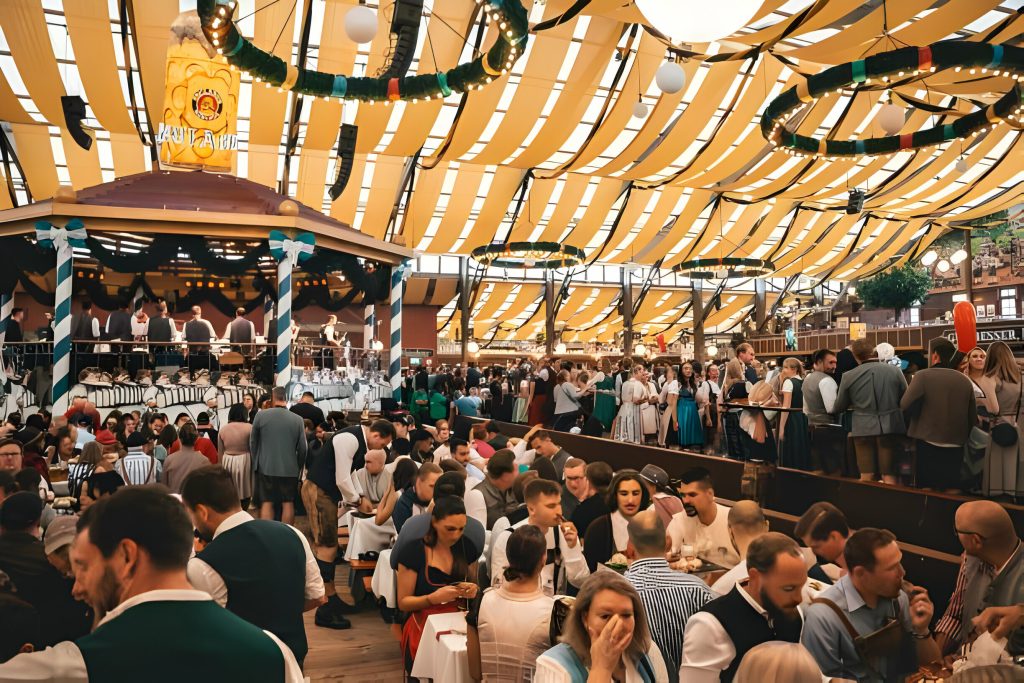
In the initial years, Oktoberfest underwent several changes and adapted to the preferences and tastes of people with time. One notable change was the introduction of an agricultural exhibition in 1818 to promote Bavarian industry and agriculture instead of horse races. This change signaled the festival’s evolution from an essentially aristocratic occasion to a more welcoming celebration that welcomed a wider range of social classes.
Another important point in the history of Oktoberfest was the introduction of beer tents. It occurred in the middle of the 19th century. Breweries were erecting large tents, turning the festival grounds into a flurry of color and energetic activity. With time, these tents evolved into a focal point for visitors as well as locals. The inclusion of this amazing element in the Oktoberfest celebration made it more widely accepted among people from different countries.
Influence of the Global Culture
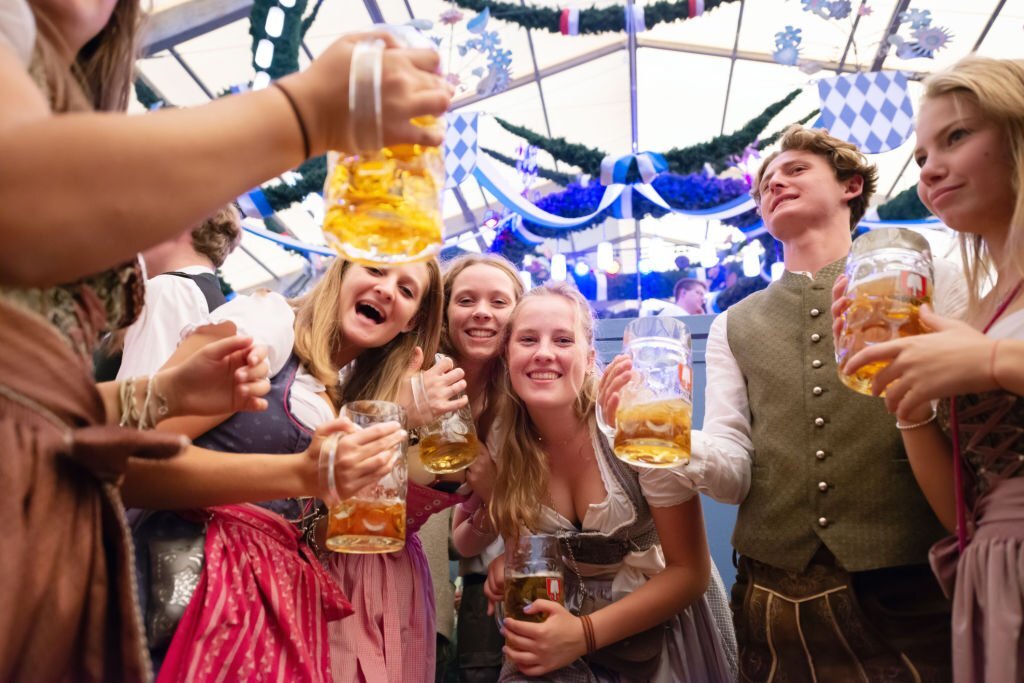
When Bavaria expanded, so did its culture and family heritage. It spread an infectious energy all across the globe. Now, various cities in different countries host their beer fests every year. It is a tribute that they pay to the rich Bavarian culture. This global iteration is a testament to the worldwide acceptance of this festival by people in different countries. To add more, coming together, they celebrate a sense of community.
Because of the involvement of the international community of millions of people, Oktoberfest has undergone major influence by different cultures from around the world. Now, the modern Oktoberfest has embraced various technological advancements. Among these, the most important ones include the inclusion of online tickets to the beer tents. Despite these modern world alterations, the real essence of the fest remains preserved in its authenticity.
Cultural Value of Oktoberfest
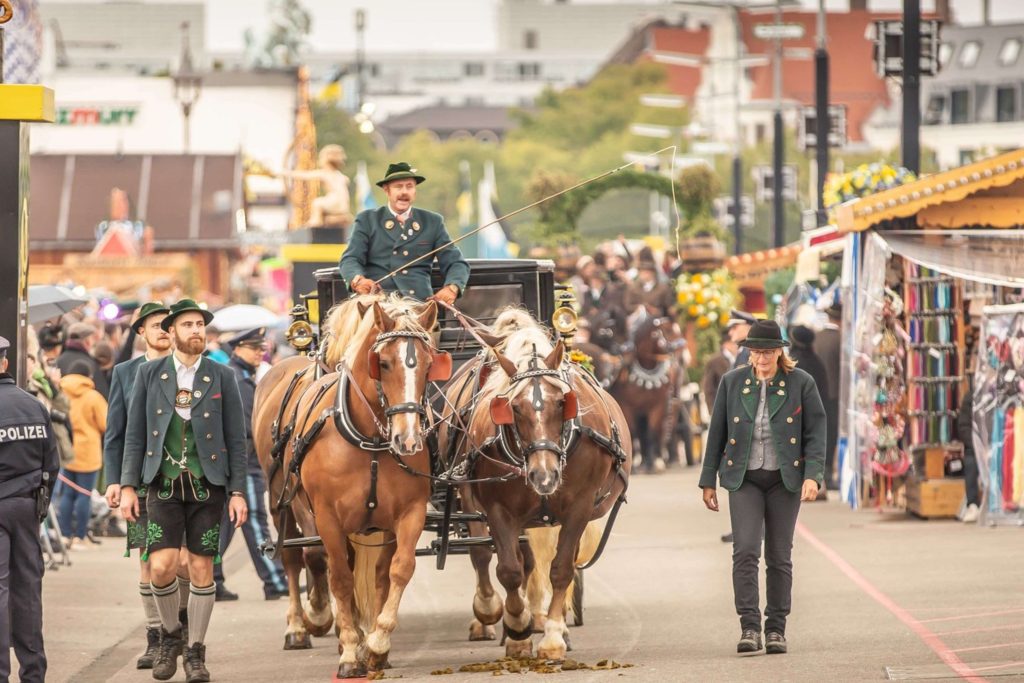
Besides being famous as the world’s largest beer festival, Oktoberfest holds significant cultural value for the people of Bavaria. It is not only a fun celebration; it is an act of embracing the cultural norms proudly. Plus, this cultural phenomenon helps people preserve and pass on the familial heritage to generations. For that reason, this cultural phenomenon includes Bavarian folk music, traditional cuisine, and authentic leather fashion wear. Every single ingredient of this festival adds fun and charm to the festival’s atmosphere.
To put it in short, Bavarian people celebrate the rural dominance that their ancestors enjoyed centuries ago. To make it available for the generations of the future, they celebrate it as a token of pride. Consider visiting Munich, Germany, this year to enjoy this experience of exploring the cultural nuance and familial heritage of the fest.
Final Thoughts
This blog post unlocks the interesting facts about the history and origin of the Oktoberfest. In the beginning, Oktoberfest evolved in 1810 when it was celebrated as a one-time celebration to pay tribute to the crown prince of the region. Its worldwide acceptance and increasing popularity showcase the ability of this flexible nature to be adapted while keeping the real essence intact. From its inauguration to date, the horse race and beer tents have always been a celebration of joy and community. With the progress in the world, Oktoberfest has earned the status of a living embodiment of resilience, tradition, and universal human spirit.
Don your leather lederhosen of dirndl and land in Munich to take part in the fun and celebrations of the Oktoberfest. You will enjoy it for sure!
